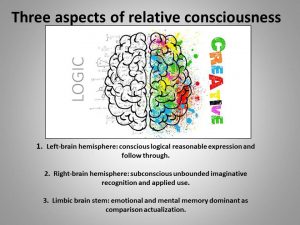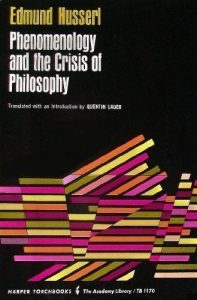Has love taken a back seat? It certainly has no direction and no purpose for many of us. We usually take love for granted if we feel it at all in present day life. We talk about our conscious decisions and unconscious habits, or even our conscious egos and our unconscious motivations, believing they try to run and rule our lives. But are we sure we know what we mean when we say these things? While there are many of us who believe in consciousness as a very special genuine thing like love or gold, we are also being advised that it may all be an illusion, that none of it is real.
***********************************************
C. Dennett in his book, Consciousness Explained, (1991:23), contended that in this (todays) conscious awareness, we limit ourselves to not having the thrilling, devastating, or energizing experiences of love that our ancestors had. Therefore somehow we feel a sense of loss, of something missing from our lives. And most of us are not sure just what is missing.
Perhaps he was right. Do the majority of us in or out of any type of relationship (including the three mentioned) feel incomplete, for the dominating shadow side of our minds say that life is neither as fulfilling nor satisfying as it once was?
Dennett also states that, consciousness like love and money is a phenomenon that does indeed depend to a surprising extent on its associated concepts. Although, like love, it has an elaborate biological base; like money, some of its most significant features are borne along on the culture, not simply inherent, somehow, in the physical structure of its instances.
If Dennett is right, if we have succeeded in overthrowing some of our basic cultural concepts, will the phenomena of consciousness be threatened with extinction completely? And if it goes, will love and money also go along with it? What is a phenomenon anyway? Can we handle it whatever it appears to be?
Our human ability to conceptualize consciousness is what creates and dissipates life, as we know it now. If this concept of our own consciousness were to fall into the hands of our dispassionate scientific community only and totally out of the realm of creative spiritual passionate fulfillment, what happens to unconditional love and free will?
If we were to reduce life to be merely a matter of motion, what happens to our appreciation of love and growing pains as well as dreams and the joy of living life to the fullest? What about compassion, which requires both mind and heart (reason and emotion)? In what other form can human passion truly exist?

